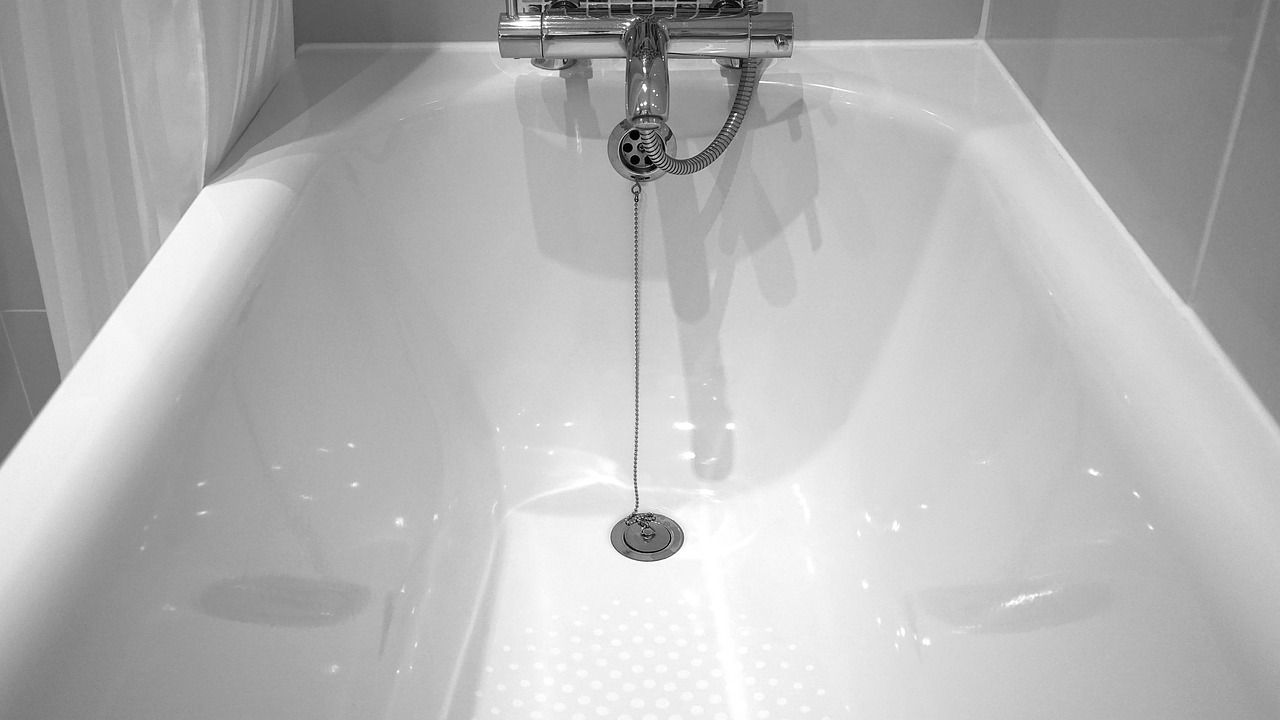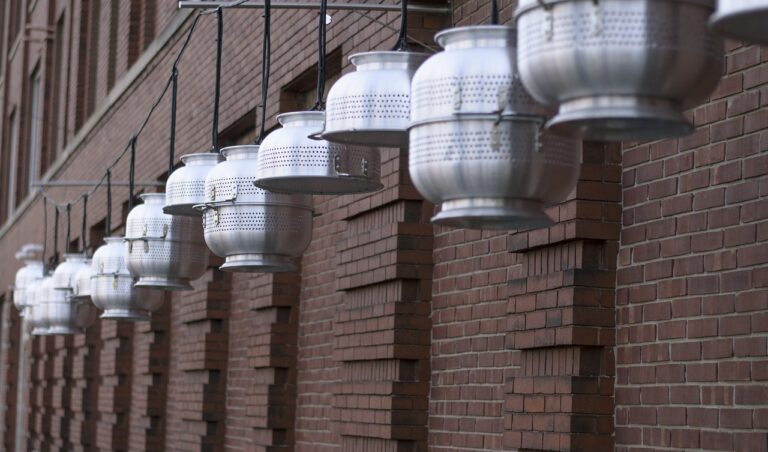The Psychology of Clutter: Decluttering Strategies for a Calmer Home
Clutter in our living spaces can have a significant impact on our mental well-being. The accumulation of excess items can lead to feelings of overwhelm and stress, making it challenging to focus and relax in our own homes. Research suggests that living in a cluttered environment can contribute to increased levels of anxiety and even symptoms of depression for some individuals.
Moreover, clutter can create a sense of chaos and disorganization, which can further exacerbate feelings of unease and frustration. The constant visual reminder of unfinished tasks or neglected areas can affect our ability to unwind and find peace within our homes. By understanding the detrimental effects of clutter on our mental health, we can take proactive steps to address and minimize the presence of clutter in our living spaces.
Identifying the Root Causes of Clutter in Your Home
Clutter in our homes can often be a sign of deeper issues that need to be addressed. One common root cause of clutter is a lack of organization and time management. When we struggle to prioritize tasks and manage our time effectively, it can lead to a build-up of clutter as things are left unattended and disorganized.
Another root cause of clutter is emotional attachment to belongings. Many of us hold onto items out of sentimental value or fear of letting go. This emotional attachment can result in us accumulating more things than we need, leading to a cluttered living space. Addressing these underlying emotional reasons for clutter can be key in creating a more organized and harmonious home environment.
Recognizing the Emotional Attachment to Clutter
Emotional attachment to clutter can be a common phenomenon that many individuals experience in their homes. Oftentimes, the items we accumulate hold sentimental value or memories that make it difficult to let go. These emotional ties can lead to feelings of guilt, anxiety, or even a sense of loss when considering decluttering.
In some cases, the attachment to clutter may stem from deeper emotional issues such as fear of change, insecurity, or a need for control. Holding onto objects can serve as a form of comfort or stability in times of uncertainty. Understanding the emotional roots of clutter can be a crucial step in addressing the underlying issues and creating a more organized and peaceful living environment.
How does clutter impact mental health?
Clutter can contribute to feelings of stress, anxiety, and overwhelm. It can make it difficult to focus, relax, and feel at peace in your own home.
What are some common root causes of clutter in a home?
Common root causes of clutter include procrastination, perfectionism, sentimental attachment to items, lack of organizational skills, and difficulty letting go of things.
How can I recognize if I have an emotional attachment to clutter?
You may have an emotional attachment to clutter if you struggle to let go of items, find yourself holding onto things out of guilt or fear, or feel a sense of comfort or security in having a lot of possessions.
What are some ways to address emotional attachment to clutter?
To address emotional attachment to clutter, it can be helpful to explore the underlying emotions behind your attachment, practice letting go of items gradually, seek support from a therapist or professional organizer, and create a clutter-free environment that supports your well-being.







